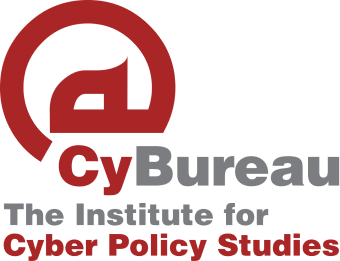Turkey blocks Google services
In the first half of June 2010, reports indicated that the authorities in Turkey began to expand the blockage imposed on Google services.
In the past, only YouTube was blocked. However, now it was officially announced by the Turkish telecommunications authority that access was blocked to IP addresses of a variety of Google services. No reason was specified.
Among the IP addresses blocked one can find several services of Google such as the Google translation service (translate.google.com), Google’s file sharing (docs.google.com), traffic analysis (google.com/analytics), a suite of tools selected by Google (tools.google.com), Google Books (books.google.com) and probably other Google services (according to one of the reports, the company’s blogging service was also blocked), while the operation of other sites has become slow.
When accessing the sites, the user is faced with a message that “Access to this site was banned by court order.”
It was reported, however, that the authorities apparently meant to block YouTube, which has been blocked for a long time in Turkey. The current change is due to the fact that Google has changed the IP address of its YouTube site. The Turkish authorities, probably in an attempt to re-block the site, blocked this time Google’s other services. The authorities blamed Google for that, claiming that it’s up to Google to remedy the situation. However, it was reported that Internet providers in the country sent e-mail to their users, informing them that the sites were blocked because of legal reasons.
YouTube is being blocked in Turkey since March 2007, when the court ordered the telecommunications authority to apply the blockage. As already mentioned, this is not the first time this site is blocked in the country.
Turkey is unique is that unlike one-time events of blocking YouTube, there are recurrent events of blocking the site under orders by the state courts. The site is blocked most of the time because of video clips (uploaded mostly by Greek nationalists) which offend the father of the Turkish nation, Kamal Ataturk. The blockage, however, does not prevent the local authorities from demanding Google to pay taxes at approximately USD 19 million for YouTube.
Blocking YouTube in Turkey is carried out by court injunctions ordering the Ministry of Telecommunications to apply the blockage, in contrast to the practice in Arab countries, where blockage is imposed by the instruction of the executive authority.
In addition to YouTube, there are about 3,700 blocked websites in Turkey, mostly for political reasons. This blockage has earned Turkey the title of a ‘Country under supervision‘ by the Reporters Without Borders organization.
This post is also available in:
עברית
Kurdish
Română
Español
Türkçe

